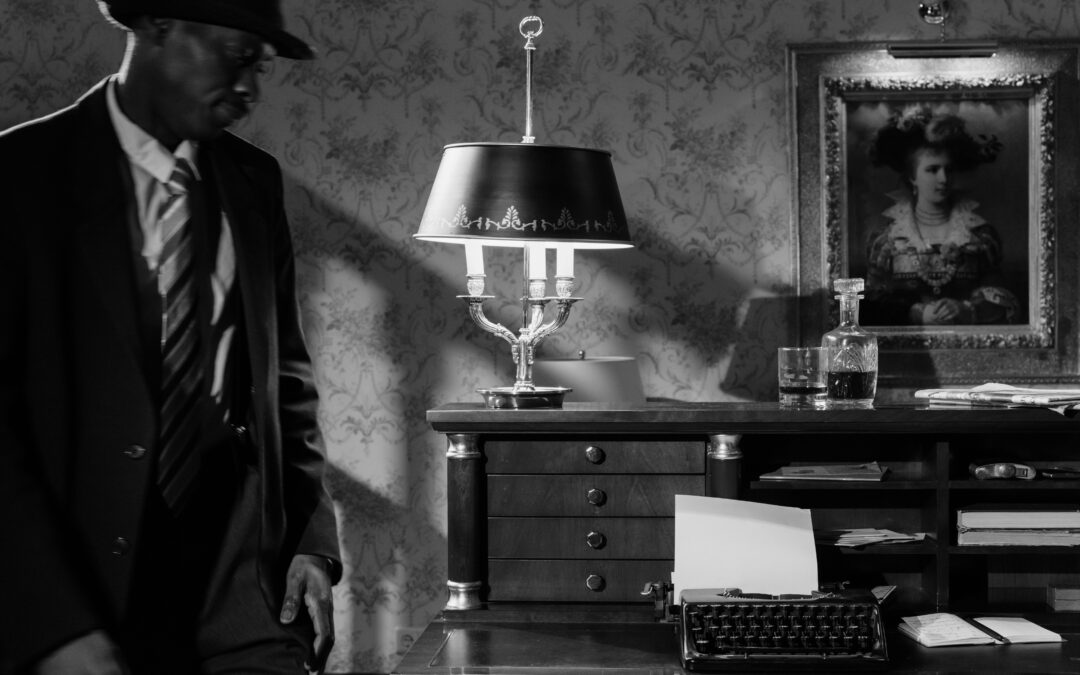I despise contrivances. Those annoying shortcuts writers will take when they don’t know how to get from point A to point B in a new or at least interesting way. Take for example Hijack, a new Idris Elba series on Apple TV. Basic plot: Sam is on a plane that is hijacked by 5 bad guys/gals. During one episode, the passengers are fighting back. The pilot has an open path to the cockpit. He could get in there, lock the door again, and voila. The plot is resolved. Good wins.
But he hesitates.
Over and over and over again.
And not for any reason that makes sense. The path is clear. The bad guys are in another cabin. Everyone is motioning him to go go go! But he just sits sits sits. Until the option is taken away.
There could have been a half dozen reasons for him to hesitate. A hijacker could have been stationed near the door and his attention going back and forth. The pilot could have been wounded and unable to move quickly. The pilot could have been at the back of the plane instead of five feet from the door.
Many of the standard tropes romance writers use are barely concealed contrivances. The one bed/last hotel room. Trapped in a confined space. Secret baby. Amnesia. Too dumb to live. All of these rely on the reader suspending enough reality to think, “OK. That could happen.”
There’s nothing wrong with starting with these tropes but the key is turning them 90° or 180°. In one of my favorite books, Peter Cabot Gets Lost (Cat Sebastian), Peter and Caleb are driving cross country. Caleb is wealthy. The car is his. He could afford the best of everything on the trip.
The one-bed trope wouldn’t work here because they will spend several nights in a hotel and no one’s luck is bad enough they’d find four hotels in a row that only has one room available. And even with forced proximity (the car) they’d have evenings apart. The author needed another layer, a turn on the trope to make it all fit together without feeling forced and unnatural.
While Caleb can afford the trip without worry, Peter cannot. He’s from a poor town and attended school on scholarship. He’s barely scraping by. A job waits for him at the end of the trip but until then, his meager savings is all he has and pride won’t let him take charity. His insistence on paying his share of the trip means sharing a hotel room or sleeping in the car.
Caleb could easily let him sleep in the car but Caleb is a nice guy so splitting a room is no big deal. Forced proximity lets these two opposites get to know each other and eventually fall in love. While reading, I didn’t feel that the author used a shortcut to keep the two of them together throughout the trip.
Much like a conflict based on a misunderstanding, ask yourself if a simple fix is available that would cancel out the contrivance. For Peter and Caleb, had money not been such an issue for him then they’d have simply driven cross country, friends and friendly but not forced to spend all their time together.
Layer it up. While one issue can easily be resolved, if you pile on the problems your characters will need to get creative to solve the conundrum. And that’s when connections are made, both between your characters and between your characters and the reader.
